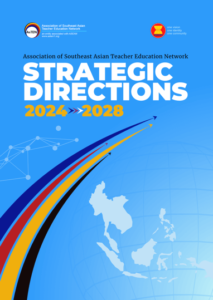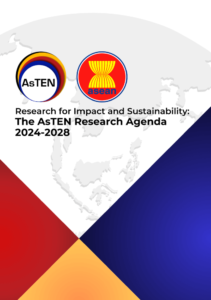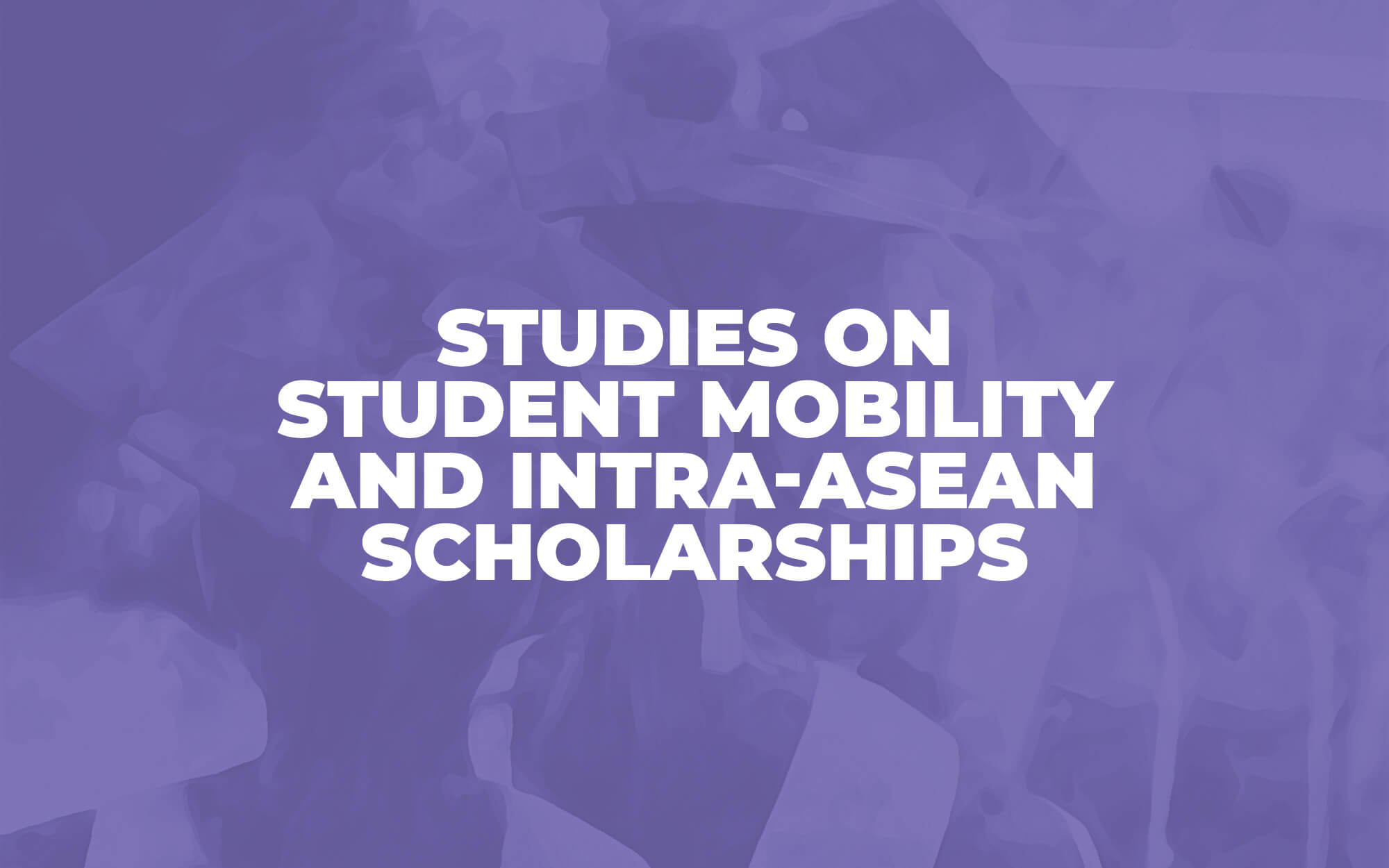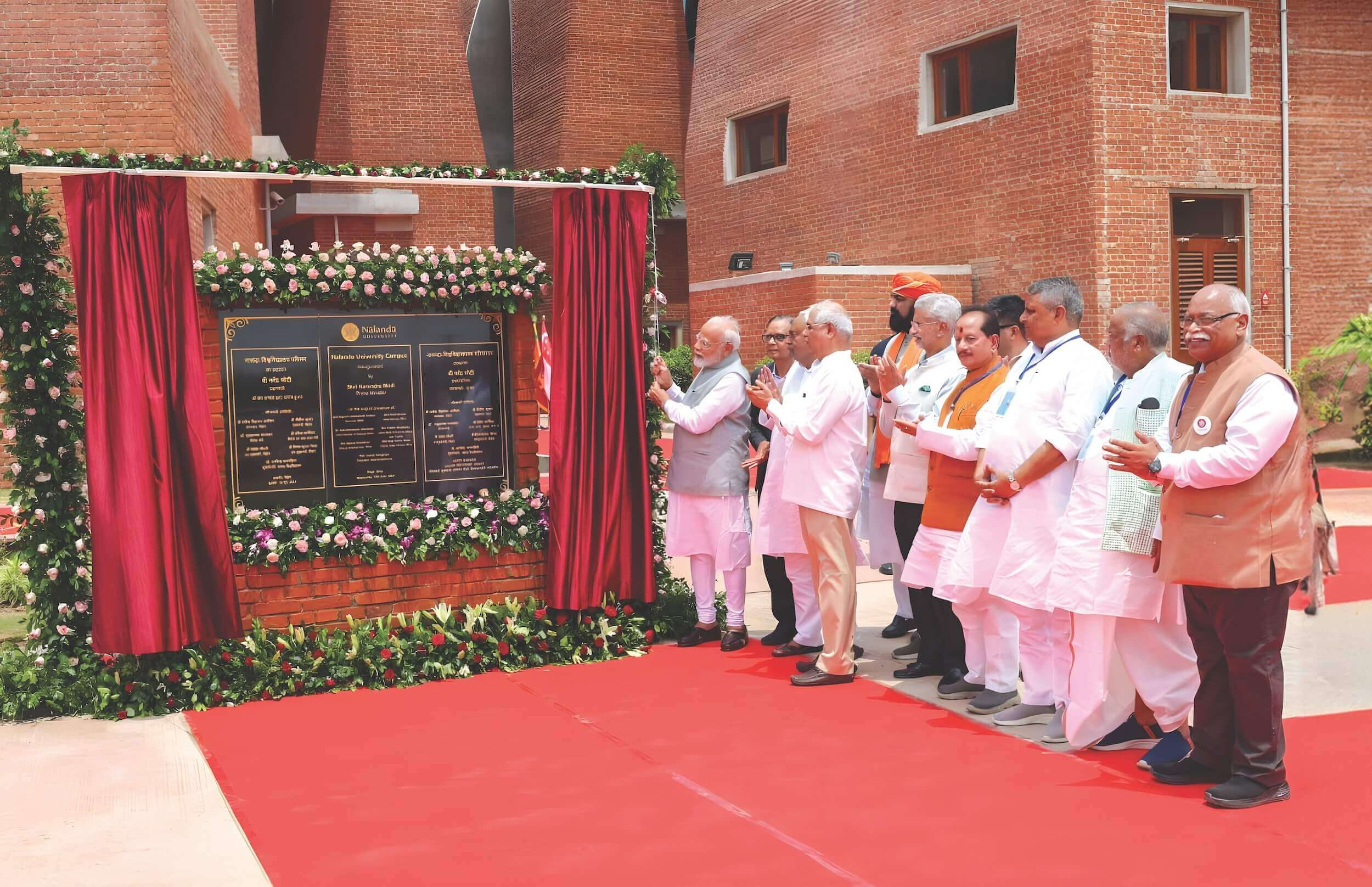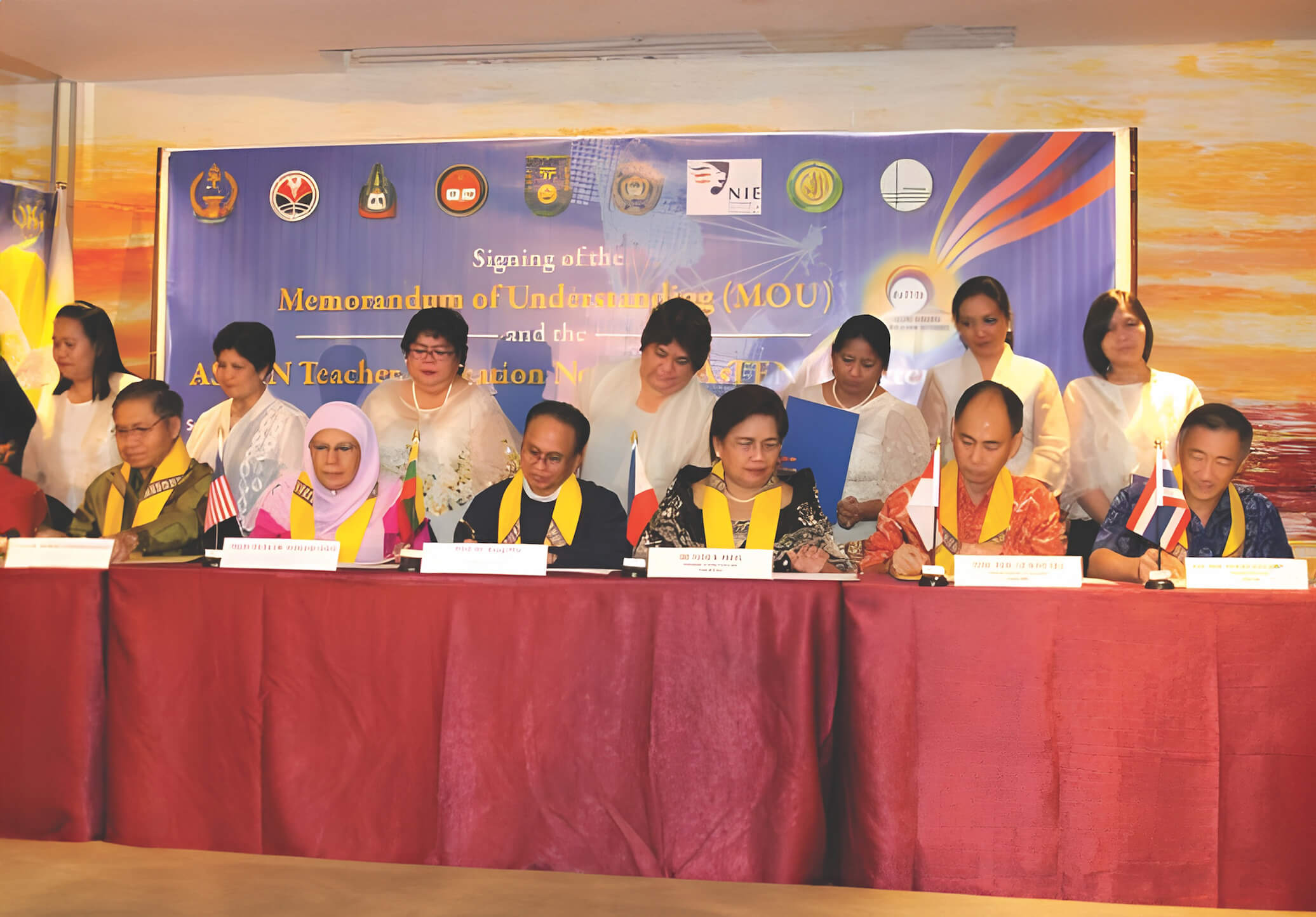




Teacher education supports the development of quality teachers, education leaders, and research that influences teaching practice and policies. It directly impacts student learning outcomes, professional practices, and educational standards. Vital regional teacher education initiatives can contribute to developing evidence-based and innovative pedagogies and solutions to diverse educational challenges. In ASEAN, teacher education can be essential for raising awareness about ASEAN and developing ASEAN identity among the youth.
A historic milestone in the region was made in 2014 when premier teacher education institutions (TEIs) formed the Association of Southeast Asian Teacher Education Network (AsTEN). The network’s purpose is to respond to the demands, issues, and challenges of ASEAN integration and regionalisation. It is composed of the following institutions:
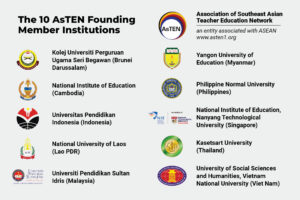
In 2021, AsTEN was recognised as an associate entity with ASEAN and has been listed in Annex 2 of the ASEAN Charter.
The network pursues various initiatives, such as international research projects, student and faculty exchanges, international conferences, seminars, forums, roundtable discussions, the AsTEN Journal of Teacher Education, and other collaborative activities. These aim to provide platforms for pre-service and in-service teachers to share their best practices and innovative ideas, discuss issues and challenges, and publish their research findings.
AsTEN also envisions assisting teacher education institutions in the region. In 2017, members held a series of expert meetings and dialogues in Bangkok, Bandar Seri Begawan, and Malaysia with TEIs to formulate harmonised teacher education standards in ASEAN. The resulting document seeks to guide TEIs in quality assurance. Following this, the AsTEN Teacher Education Quality Assurance Agency (ATQA) was created to lead the quality assurance initiatives of AsTEN in the region and ensure that the quality assurance mechanisms are responsive to the needs and contexts of TEIs.
To further widen its contribution and impact in the region, the network has set its strategic directions from 2024-2028, focusing on the following areas:
- AsTEN Awareness and Visibility
- Research for Impact and Sustainability
- Teacher Quality, Performance, and Welfare
- Collaboration, Partnership, and Exchange
- Social Advocacy and Responsiveness
These five areas ensure that AsTEN will align its initiatives with the goals of ASEAN.
Moreover, AsTEN has developed its research agenda and priorities until 2028. It will focus on carrying out research projects that will inform ASEAN and the Ministries of Education about:
- Student-centered and Innovative Instructional Practices
- Quality of Teacher Education, Teacher Educators, and Continuous Professional Learning
- Teacher Professionalism and Well-being
- Environmental Factors, Communities, and Partnerships
In the following years, AsTEN hopes to provide policy briefs and recommendations to aid in education policy-making.
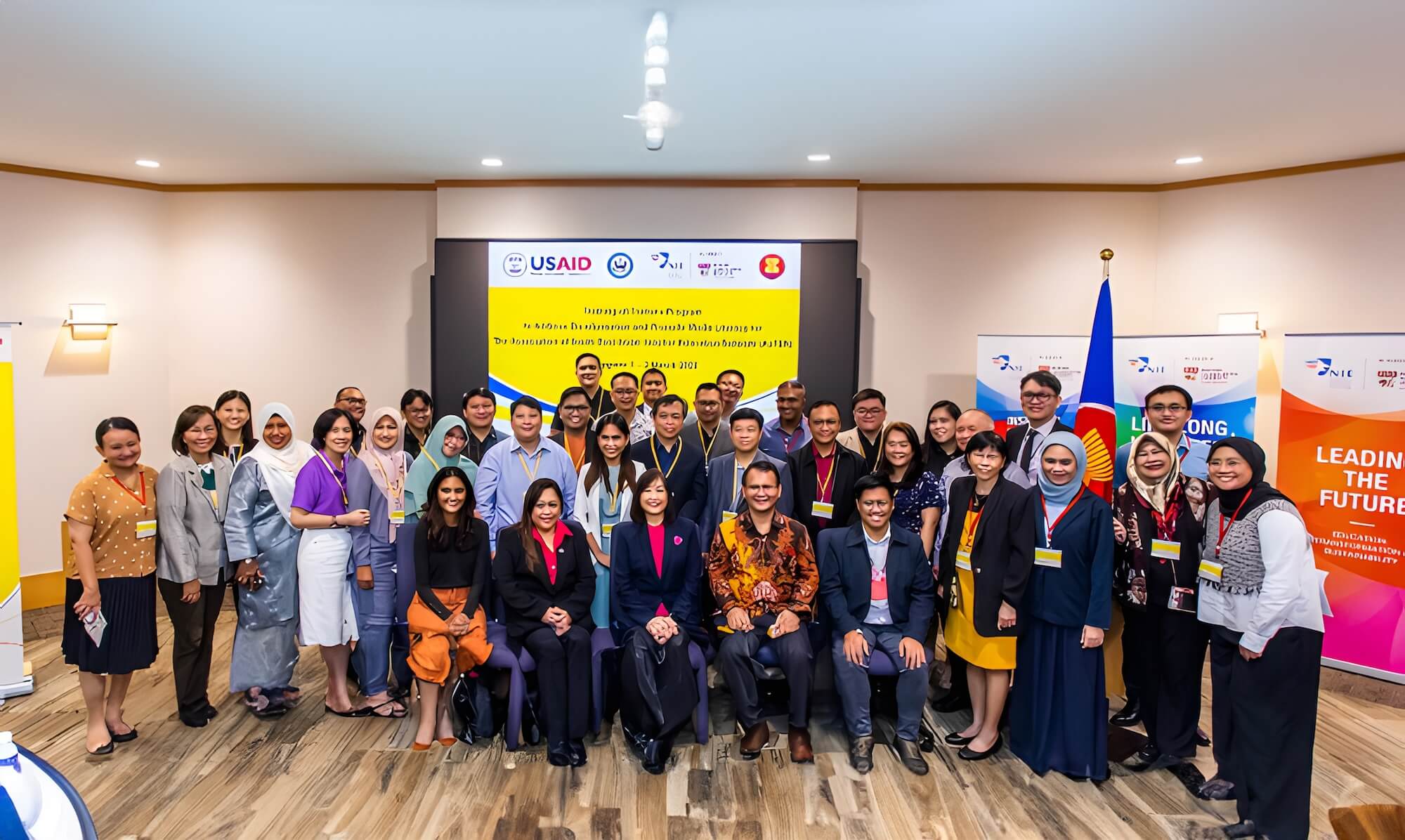
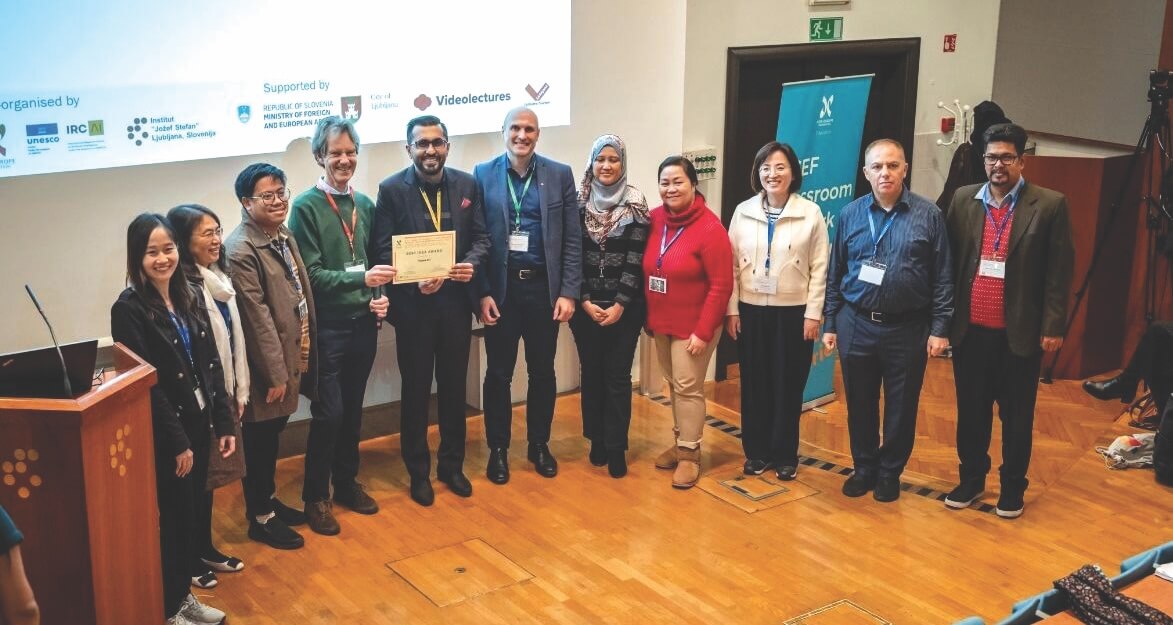
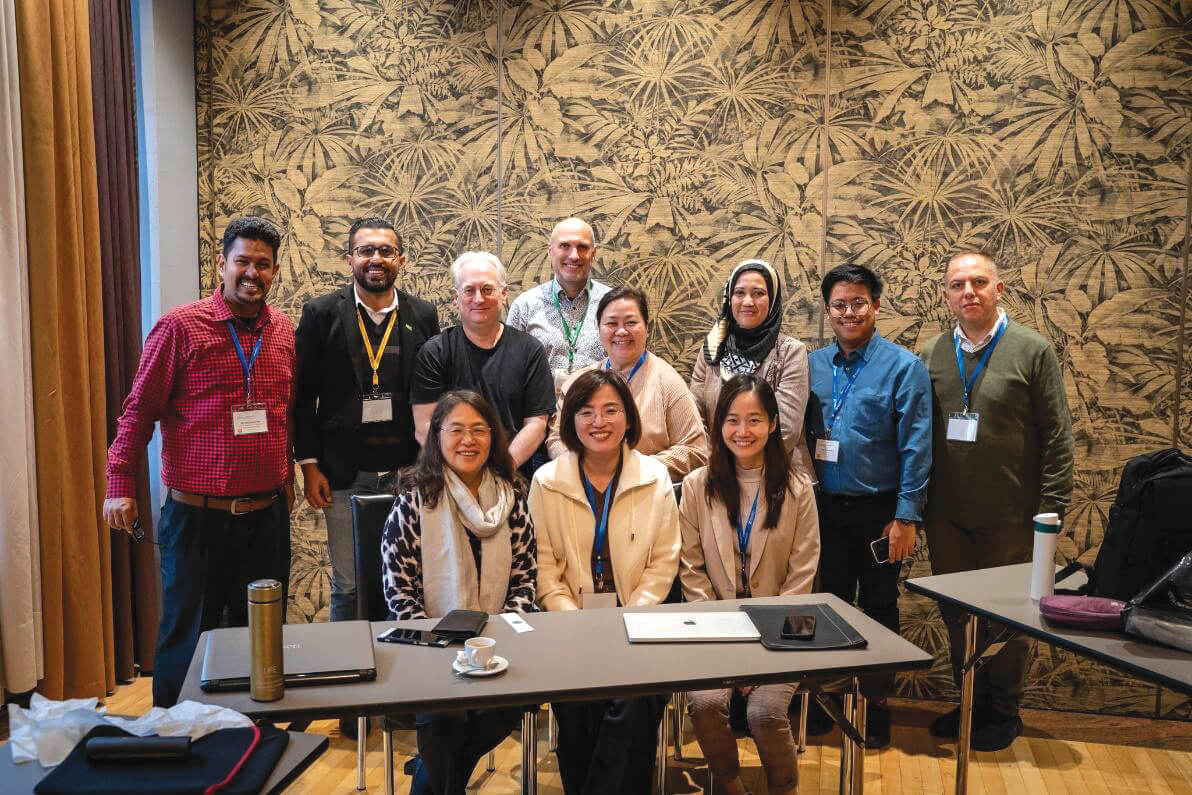
Teacher education in the era of Artificial Intelligence
Discussions about artificial intelligence in education (AIED) and its significant impact on the teaching-learning process are growing. This discourse has prompted teacher education institutions to revolutionise and rethink the current educational paradigms, particularly in curriculum delivery, student assessment, and teacher preparation to handle technological advancements. The evolving roles of teachers and teacher educators in the context of AIED, focusing on strategies to mitigate risks and leverage potential benefits, is essential to examine. TEIs play a crucial role in guiding teachers and education leaders towards a human-centred approach to AI, ensuring that the educational process emphasises human agency and critical thinking, rather than being entirely driven and manipulated by technology. It is also important to explore the ethical dimensions of AIED to guide teachers and learners in becoming responsible digital citizens.
AsTEN has initiated discussions on AIED in collaboration with the Asia-Europe Foundation (ASEF) through its ASEF Classroom Network Conference Faculty Collaboration Program. This programme enables academic experts to build capacity and engage in critical and timely conversations, build awareness, exchange ideas around AI in Education, and form partnerships to create collaborative resources to address issues brought about by AIED.
Teacher educators from AsTEN member institutions participate in the circle of experts brainstorming innovative solutions to the challenges posed by AI. Research is currently being conducted to understand cybersecurity issues related to these emerging technologies. In 2024, AsTEN will co-host the 17th ASEF Classroom Network Conference in Manila, Philippines, focusing on the theme “Learning about AI and Learning with AI.”
Given AsTEN’s strategic directions, the network will continue to provide a platform to discuss various challenges in education and teacher education within the region, including the rapid advancement of emerging technologies such as AI. This includes capacitating teachers and teacher educators so that they can respond to the current needs of the education system and promote professional learning.
As AsTEN celebrates its 10th anniversary this year, the network will take on the challenge of acting on its commitment to contribute in building the ASEAN Community.
